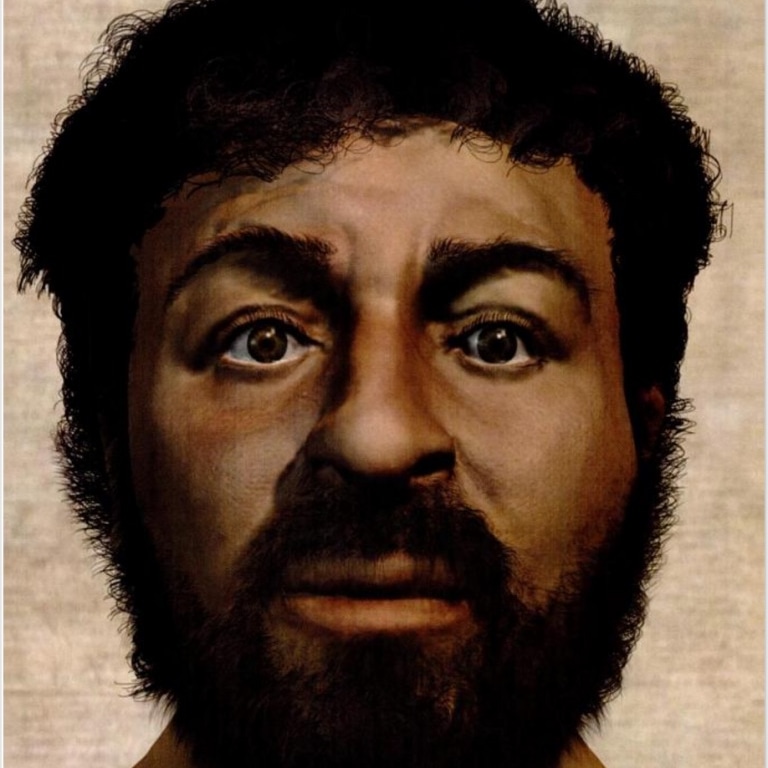COALITION OF ORGS EXPOSES UC ETHNIC STUDIES LETTER JUSTIFYING HAMAS TERRORIST ATTACKS
Groups to UC Leaders: This Statement Epitomizes Exactly Why the UC Ethnic Studies Admissions Requirement Must Be Immediately Rejected
Contact: Nicole Rosen, 202-309-5724
communications@amchainitiative.org
SANTA CRUZ, CALIFORNIA, Oct. 25 – After learning of an appalling letter sent from the University of California Ethnic Studies Faculty Council that justifies Hamas’ brutal murder, mutilation, beheading and burning alive of women, children, babies, the elderly, the disabled and others, 115 organizations today demanded that the University of California (UC) reject a proposal for a UC ethnic studies admissions requirement. The faculty who wrote this letter are the same faculty tasked with developing the course criteria and standards for the ethnic studies courses that would be taught to all California high school students if the proposal is approved.
“The fact that the Faculty Council defends the inhuman atrocities of a terrorist organization committed to the annihilation of the Jewish state, and has publicly aligned UC ethnic studies departments and faculty with Hamas’ genocidal goals, is not simply morally depraved. It presents a clear and present danger for Jewish students in UC classrooms and beyond,” wrote the groups in a letter organized by AMCHA Initiative. “One only need note the inflamed university and high school campus climate to realize how a toxic curriculum that vilifies the Jewish state and its supporters and condones their murder will further incite antisemitism. For example, last Thursday, students at Balboa High School in San Francisco walked out of their classes and stormed through the hallway chanting, ‘From the River to the Sea, Palestine will be free,’ a slogan which the ADL recognizes as a call for dismantling the Jewish state.”
The UC Ethnic Studies Faculty Council, in its letter, not only refuses to acknowledge, let alone condemn, the genocidal actions of Hamas, they vilify UC for condemning Hamas’ slaughter of Israeli civilians and demand that UC’s administrative leadership “retract its charges of terrorism.” They insist that the heinous crimes of Hamas, whose founding charter explicitly calls for the obliteration of Israel and the ethnic cleansing and murder of Jews, must not be called terrorism. Instead, they falsely accuse Israel of “genocide,” “ethnic cleansing,” and “terrorism.” The Faculty Council also condemned UC for its public opposition to the antisemitic Boycott, Divestment and Sanctions (BDS) movement and argued that BDS “should be celebrated,” not opposed.
BDS founders have openly articulated their Hamas-aligned goal of destroying the Jewish state, and, according to the New York Times, “terrorist organizations, including Hamas,” are part of the BDS National Committee, which coordinates the movement globally, including on US campuses. In addition, in response to the Hamas massacre of over 1,400 Israelis on October 7th, the BDS movement posted a statement urging “meaningful support to the Palestinian Armed Resistance” and referring to the terrorists responsible as “heroic.”
The groups note that many of the 300 ethnic studies faculty represented by the Council, including the Council’s co-chairs, support and have committed to bringing onto their campuses an academic boycott of Israel — the academic arm of BDS — whose mission is to provide intellectual justification for Israel’s elimination.
“UC faculty who cannot acknowledge that the Hamas massacre is terrorism and a crime against humanity, and who state that anti-Zionism and the elimination of the Jewish state is a core value of their discipline, must not be trusted to establish state-wide ethnic studies standards for California students,” wrote the groups. “The UC Ethnic Studies Faculty Council’s disastrous admissions requirement proposal must be immediately rejected.”
Many of these same groups alerted UC last month that the Faculty Council’s leadership is helping to organize, sponsor and support an institute and conference expressly dedicated to delegitimizing Zionism and working towards the elimination of Israel, and that the Faculty Council has admitted anti-Zionism should be one of the “animating commitments” of high school ethnic studies courses.
AMCHA Initiative is a non-partisan, non-profit organization dedicated to combating antisemitism at colleges and universities in the United States. The organization monitors more than 450 campuses for antisemitic activity, as defined by the International Holocaust Remembrance Alliance (IHRA) and the U.S. government. AMCHA is not a pro-Israel advocacy organization, nor does it take a position on current or past Israeli government policies; criticism of Israel that does not meet the IHRA and U.S. government criteria is not considered antisemitic by the organization. AMCHA has recorded more than 5,000 antisemitic incidents on college campuses since 2015 which can be accessed through its Antisemitism Tracker.

Leave a comment